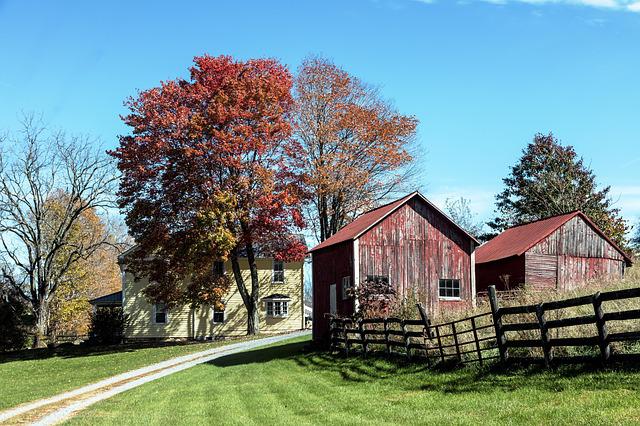Nowadays, it’s hard for many people to leave their home after college. A lot of people have no idea where they will go or what to do when they graduate from high school. This is especially true in Virginia because many people want to stay here due to the lower cost of living.
Can I Legally Leave Home at 17 In Virginia?
In the state of Virginia, a minor who is 17 years old can legally leave home. In Virginia, the age of majority is 18 years old. This means that in most cases the parents have no obligation to support or provide for their children after they reach this age.
However, there are some exceptions to this rule. If a minor has a child before they turn 18, then they are solely responsible for the child’s financial support without any help from the parents. A minor may also be able to seek financial support if they have a mental or physical disability, if they are enrolled in high school full time and live at home, or if they are married.
If the child is not disabled and is not enrolled in school full time, then they are considered an adult in most circumstances and may legally leave home if they choose to do so.
You are leaving your parent’s home without their consent.
In your case, this means that you can leave home at 17. However, the fact that you may be able to leave does not mean that it will be easy for you to do so.
If you want to be emancipated and live on your own, it can help to talk with your parents about it first. They may not like the idea of you leaving home at 17, but they may be more receptive if they understand that you’re unhappy and have a plan in place for becoming independent.
If discussions with your parents don’t work out, however, you can still ask a court to declare you emancipated. In order to do this, you will have to prove that:
- You are at least 16 years old;
- You are living apart from your parent or legal guardian;
- You are managing your own financial affairs; and
- Being declared an adult is in your best interest.
You are asking the court to leave home before you turn 18.
If you are 17 or older, you can file a petition to leave home before you turn 18. You are asking the court to let you live independently from your parents or guardians.
In Virginia, you must be at least 18 years old to be legally independent. But if you are 17 and want to live on your own, you can ask the juvenile court for an emancipation order. When the judge grants this order, that means that:
- You are now considered an adult in most respects;
- Your parents no longer have a legal duty to support you;
- You can give legal consent for your own medical treatment; and
- You will be responsible for your own debts and other financial obligations.
You file a motion with the court to ask a judge to decide the issue.
In Virginia you can move out at 17. However, you may be charged with a status offense (runaway) if you are reported missing by your parent(s) or guardian(s). The prosecutor may drop the charges if you continue to go to school and stay out of trouble.
If your parents won’t let you move out, then you file a motion with the court to ask a judge to decide the issue. If you are on public assistance, then social services may have to get involved and seek an order from the judge for its own purposes. It is in everyone’s best interest for there to be a court order for custody, even if it is just temporary, because that way everyone knows who has what responsibility for minor children.
The specific age of majority in each state varies, but it is usually between 18 and 21. A child who has not reached the age of majority is usually called a minor. The age of majority in Virginia is 18. However, a child may be eligible to live independently at an earlier age if they are emancipated by the court.
In Virginia, a minor can be emancipated by marriage or by court order. In general, a person who is married is considered an adult with all of the rights and responsibilities that come with being an adult. Emancipation by marriage occurs when a person who is at least 16 years old (and at least one year older than their spouse) marries with parental consent. If you are 16 or 17 and wish to marry without your parents’ consent, you may be able to get permission from a judge. In limited circumstances, a judge may allow two people younger than 16 to marry if one party becomes pregnant or has given birth.
Emancipation
In Virginia, emancipation is a legal process that gives children most of the legal rights that adults have. Once a child is emancipated, his or her parents do not have custody or control over him or her anymore. Emancipation does not mean that children can do whatever they want. Children who are emancipated still must obey laws, finish school and pay their own bills.
In Virginia, you must be 18 to sue in court on your own behalf. If you are 17, you can only sue if a parent or legal guardian sues on your behalf. You cannot file a lawsuit on your own until you are 18.
If your parents want to legally evict you and you are 17, they will need to go to court and get a judge to order that the sheriff remove you from their house. They must follow the same procedure as if they were evicting someone who is a stranger or tenant.


